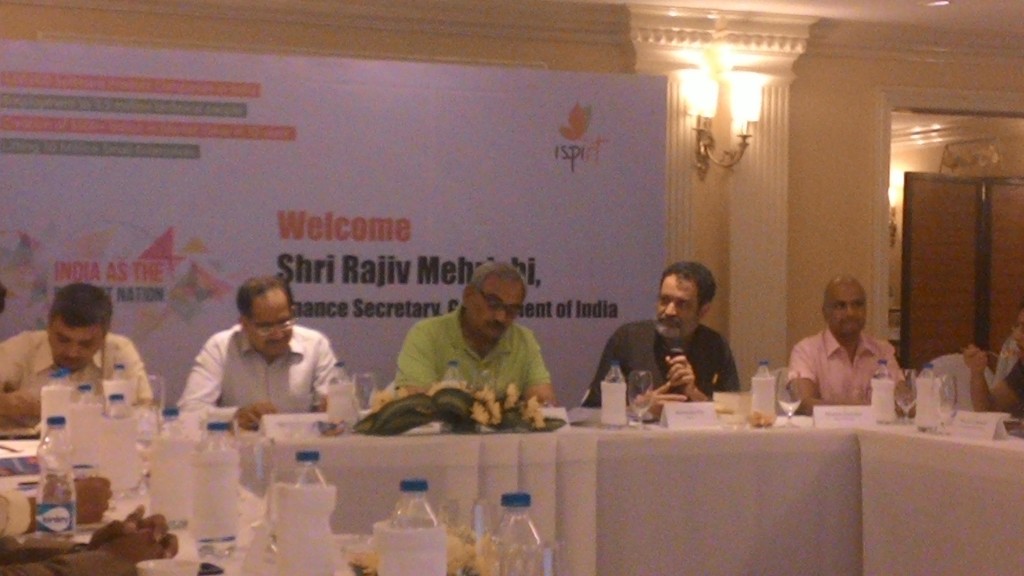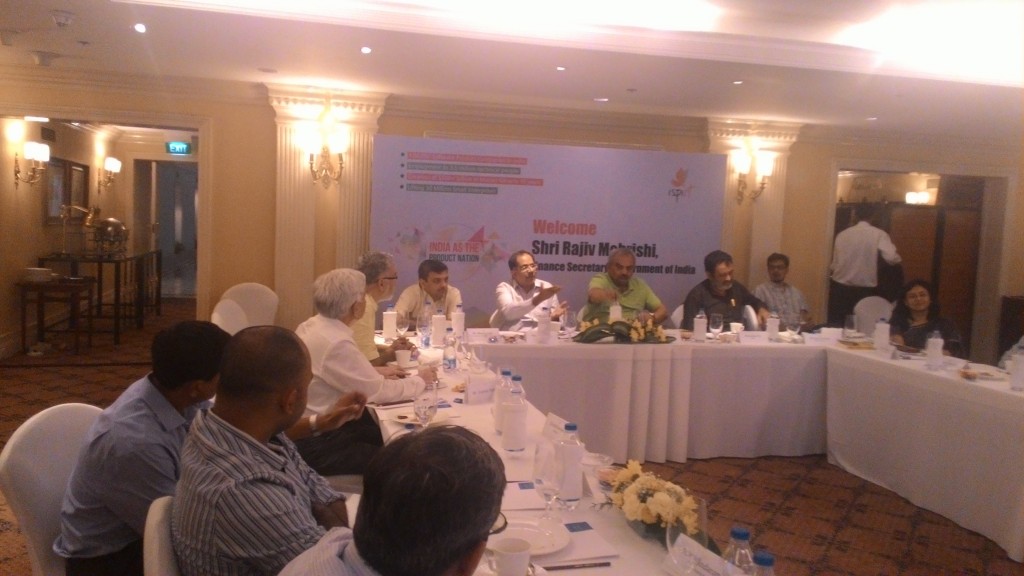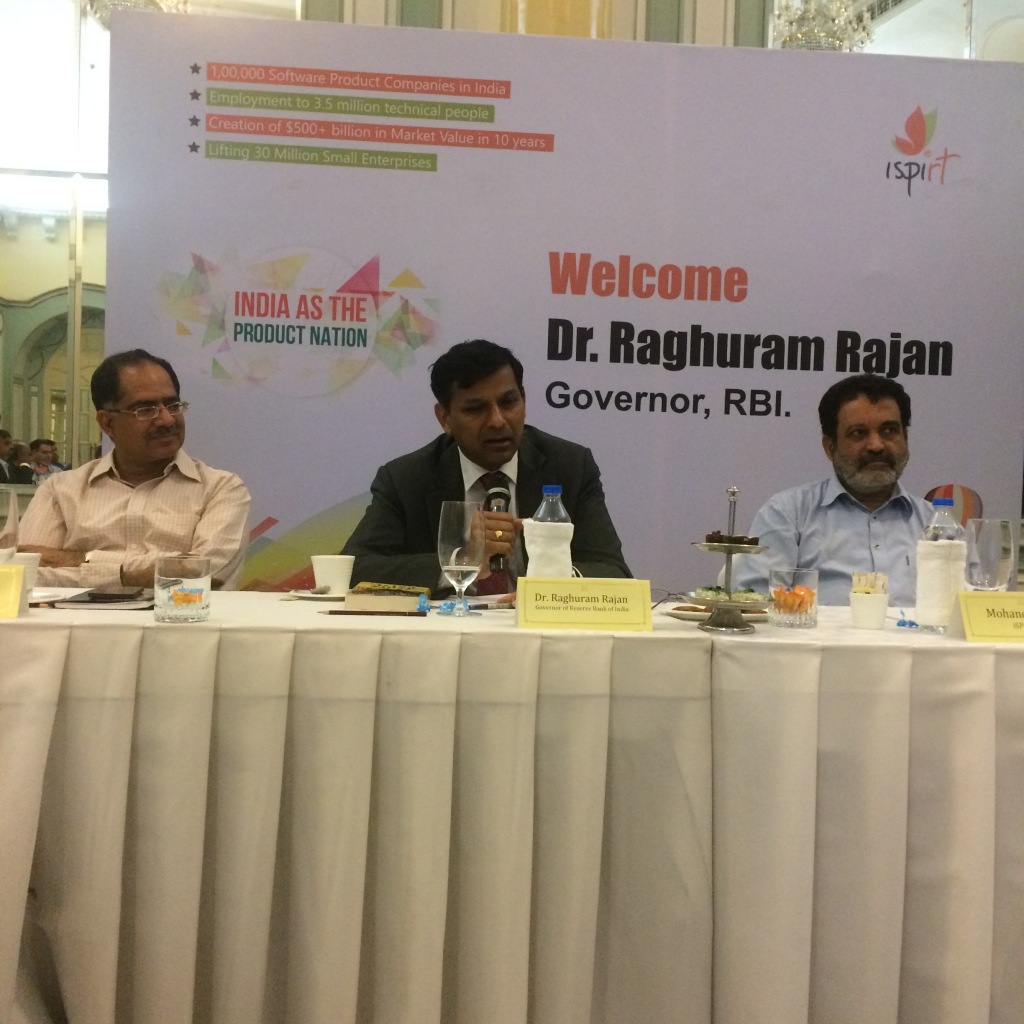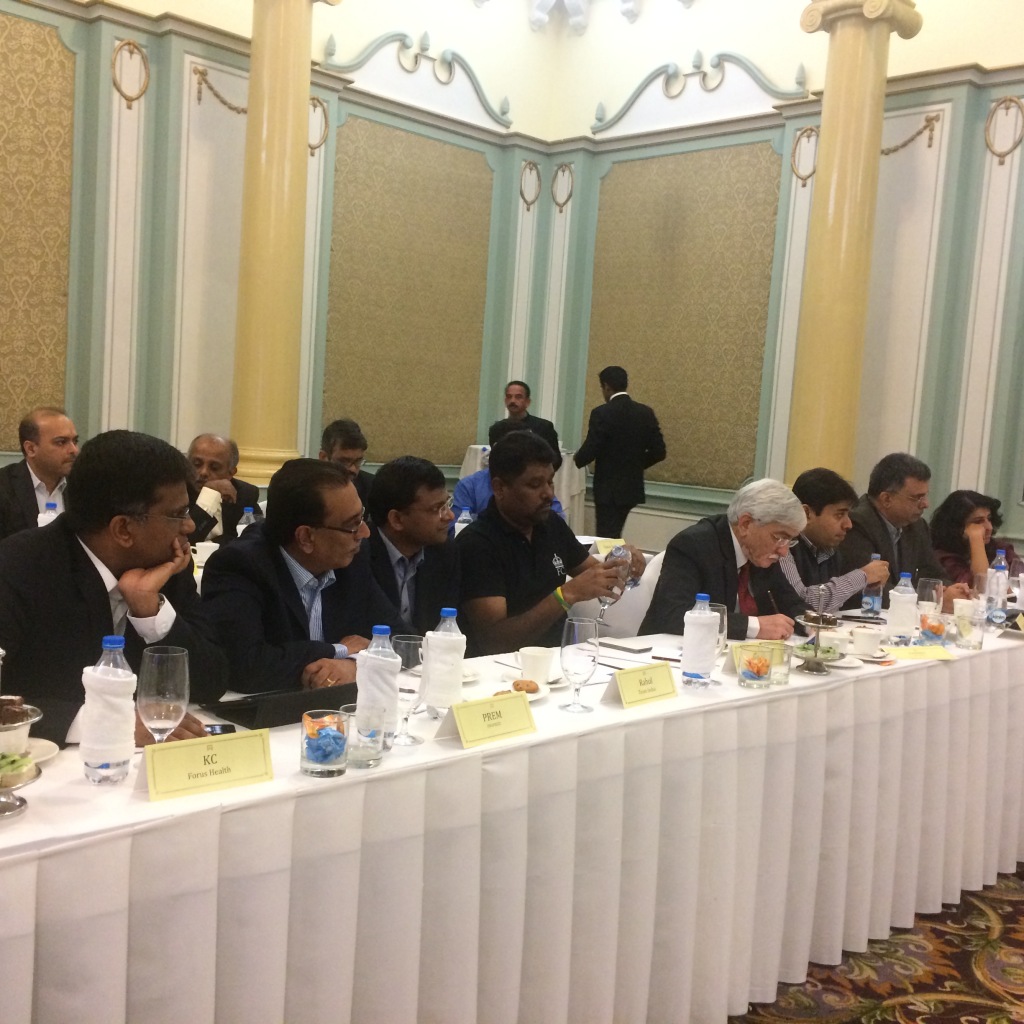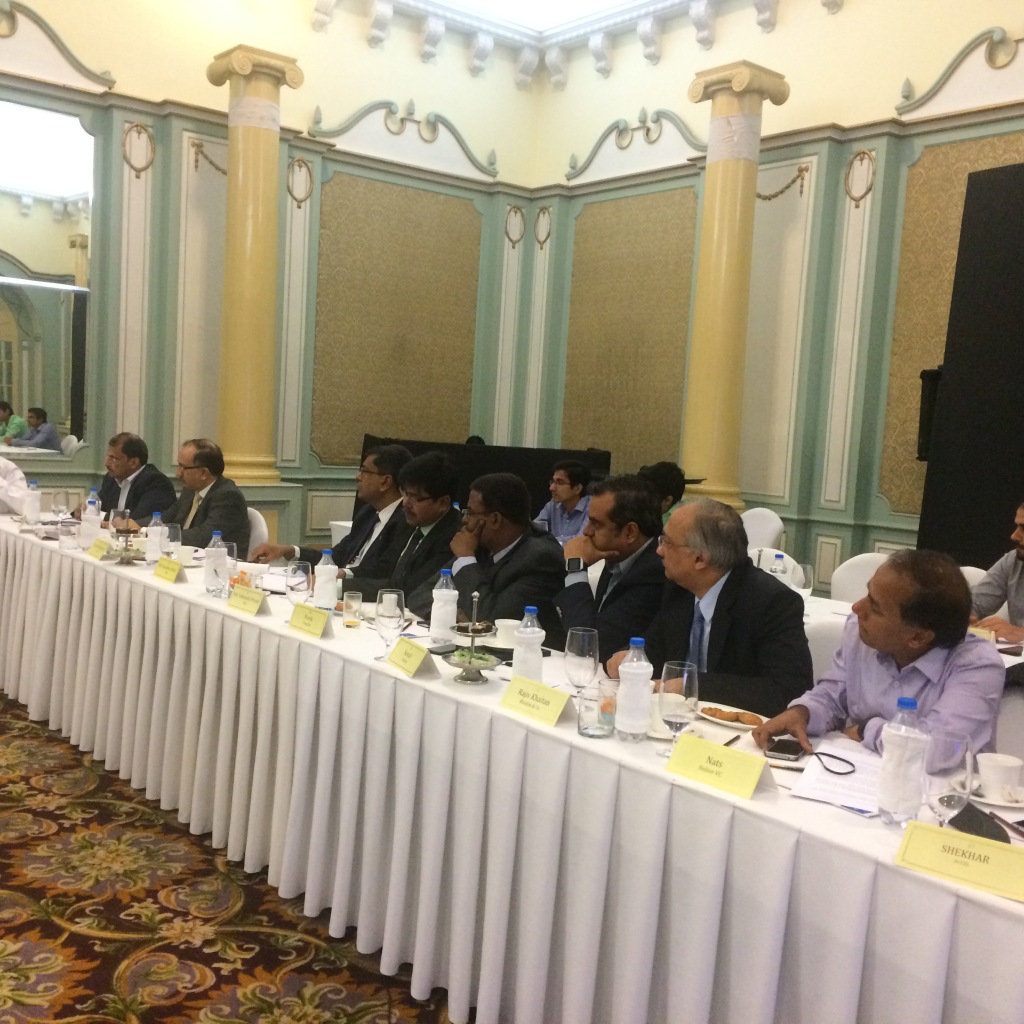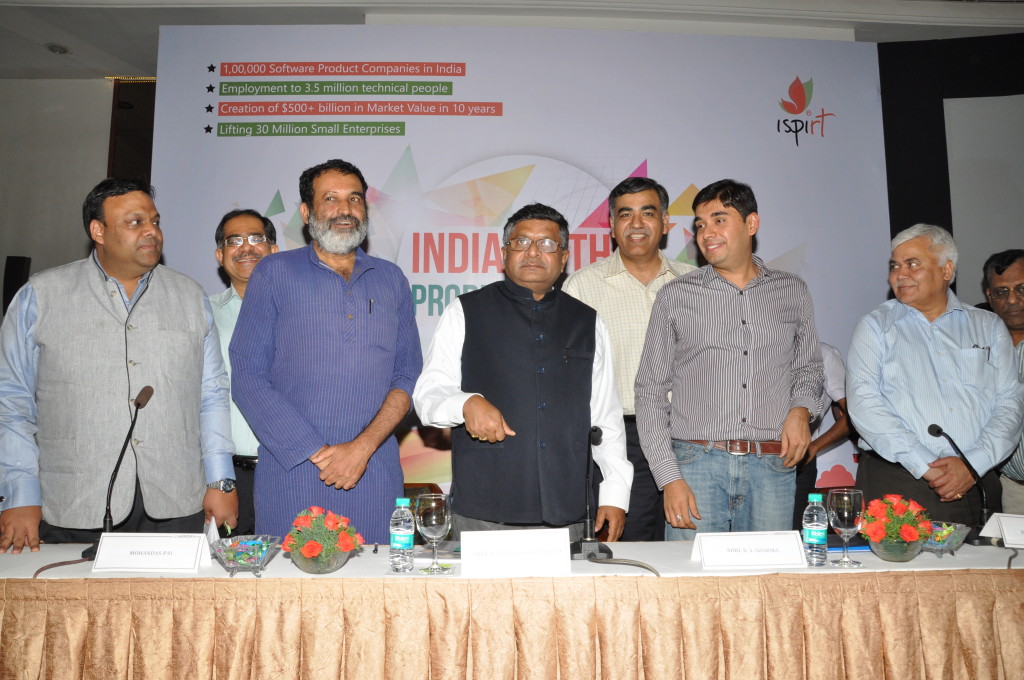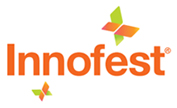 The stage is set, I have received my invite to Innofest’15 and look forward to the day with great anticipation. I have just completed my engineering degree from Davanagere, and have received two offers, both through campus interviews. Both seem interesting, and both are in technology, after all thats where everything is today.
The stage is set, I have received my invite to Innofest’15 and look forward to the day with great anticipation. I have just completed my engineering degree from Davanagere, and have received two offers, both through campus interviews. Both seem interesting, and both are in technology, after all thats where everything is today.
And yet! I am not sure if thats where i want to be. You see, i have this dream. I have this idea of creating an instant water purifier pen. You put the pen into a glass or a bottle of water, and electronic pulses instantly destroy all germs in the water, turning it safe. Even a child can drink it. Imagine what it would do to the lives and productivity of all those millions who don’t have access to quality drinking water.
I dearly want to create this product. Do i have all i need to bring it to life? Do i know everything i need to get going? Will my being in Davanagere allow me to reach out to everybody i need to?
Thats when I heard of Innofest, a new grass root movement and festival of innovation. Reverie over, back to the air-conditioned weather of Bengaluru, in an UUla cab from aunty’s home to IISC. Always amazed at how green this city is. And wondering if Bharat, the founder of UUla, uses his own product? Well, i will ask him that as I have signed up for a hands-on workshop with him this morning.
Lots of excited faces. We head to the zone, and are immediately hit by the brilliant arty stuff that decorates the venue. Lovely, innovative, bright stuff, that seems to ring fence the entire venue. There is the torn jeans that Bharat first made his passionate pitch to taxi drivers in Rhennai in.
And that half chewed pencil bears mute testimony to Mansal’s mood as he made the pitch that got him his first 100K in funding. I am pleased to find they seem to be a tapestry of history of entrepreneurship. Hey, they are the kinda cool gang i would love to be a part of. Make a mental note to save all my torn jeans…
See the Showcase zone and the Google Lunar X-Prize contenders, the one and only Team Indus – what a coup it would be if they got the $30Million purse on offer if they put a vehicle on the moon by December 31st? They are the final three shortlisted globally. Who says its all about getting billions of dollars in funding? This is as much about the pride of india as it is the future of India.
A tune. from a flute. Whats that? A youngish dude playing the flute surrounded by ardent fans? Over a steaming kulhar chai with him, I find out his name is Hari Prasad, and he’s trying to create a tourism destination out of every town in india. Do you know each of the 800 districts has its own tourist attractions, customs, food, clothes and artefacts that can be very beautiful? Talk about stimulating conversations, and he’s not too bad looking…
At the UUla workshop- chap sitting next seems interesting, so start talking.. He’s is from Ramgarh- and i immediately ask him, so do you have Gabbar’s autograph?He bursts out laughing…. UUla is so intriguing. Ever heard of a cab company that doesn’t own a single car. I haven’t. So how does it work? Get into the nitty gritties, And guess what, impress Bharat enough to get a meeting with him to present my idea next week. Zowie, things are moving for me.
After the UUla workshop, which clarified a few of my financial thoughts and closed out a few open loops in my mind, i ask Ram what else is there to see. Well, turn out, there’s more, so much more.
For instance, Makerspace which is just behind the main auditorium where I walk towards for the unveiling of the grants. There are some 3D printer demos that seem exciting. I make myself a thunderbolt, like an Indra’s vajra or Zeus- some thing about Innofest makes me feel like “I have the power”.
And the day progresses. And things continue to happen. And i keep getting hit with high after high. Finally, end of day. 100 meetings and 100,000 ideas richer, I head back, abuzz, on a high. Will I be able to sleep? I know not. However, I do know where I am headed. And let me give you a hint. Both of my prospective employers are going to be disappointed.


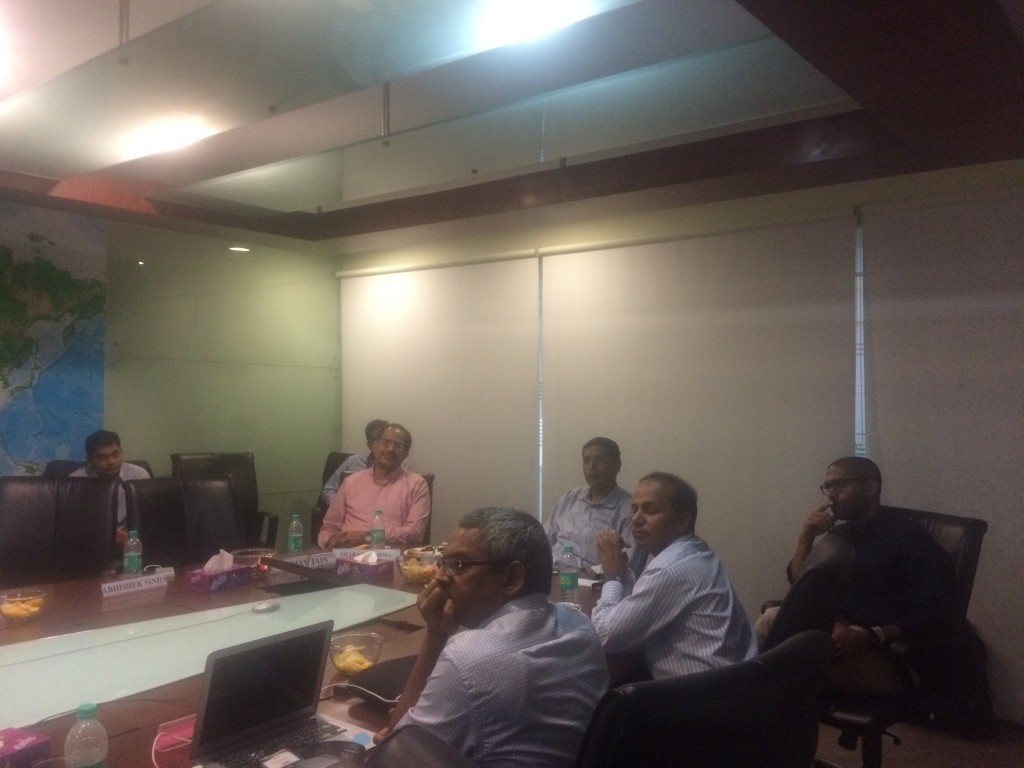 What was so Infectious? Its the Mirror Neurons, Stupid!
What was so Infectious? Its the Mirror Neurons, Stupid! 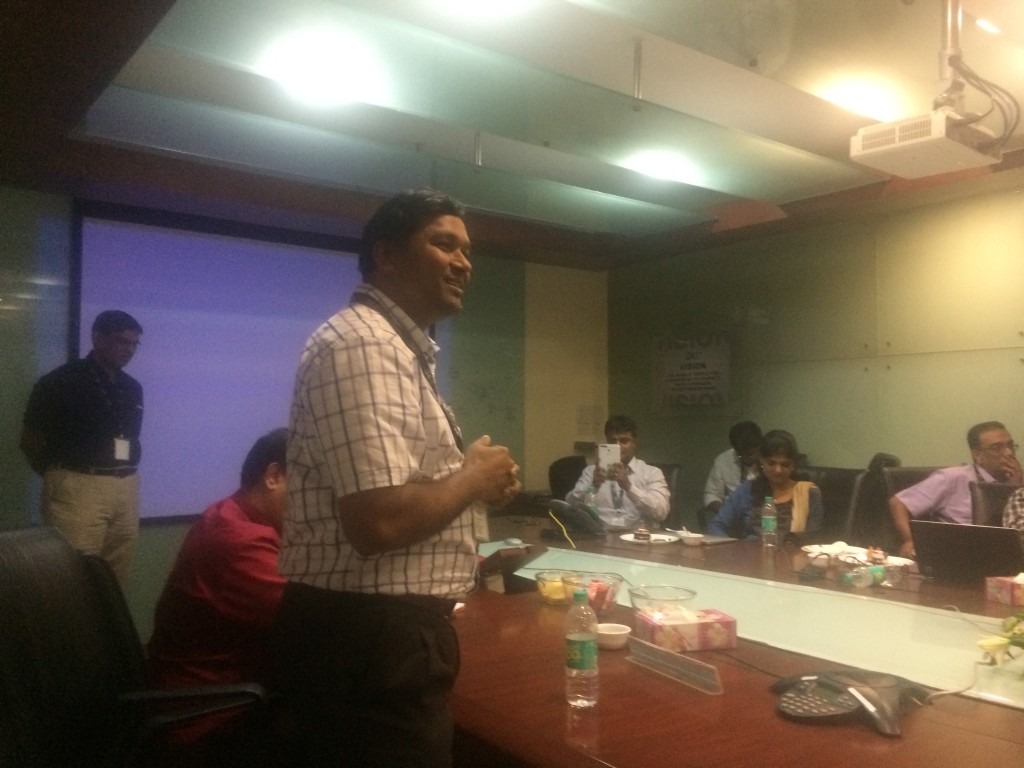 What is the Cure? More Infection. Make India Go Cashless.
What is the Cure? More Infection. Make India Go Cashless.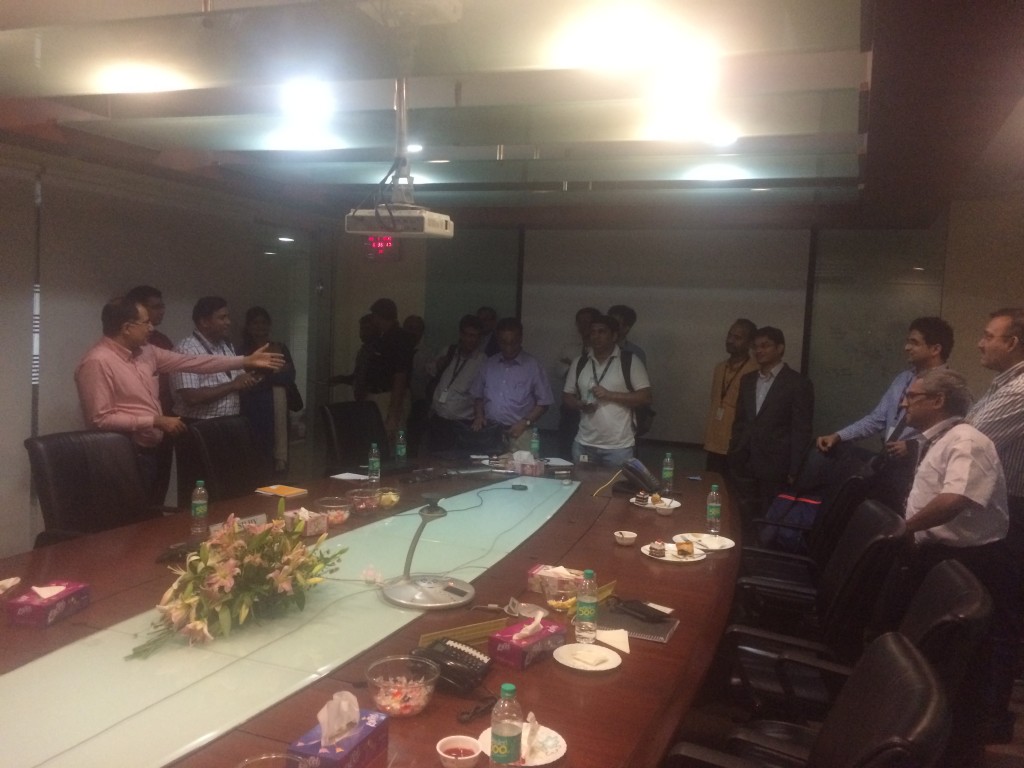 Conclusion
Conclusion